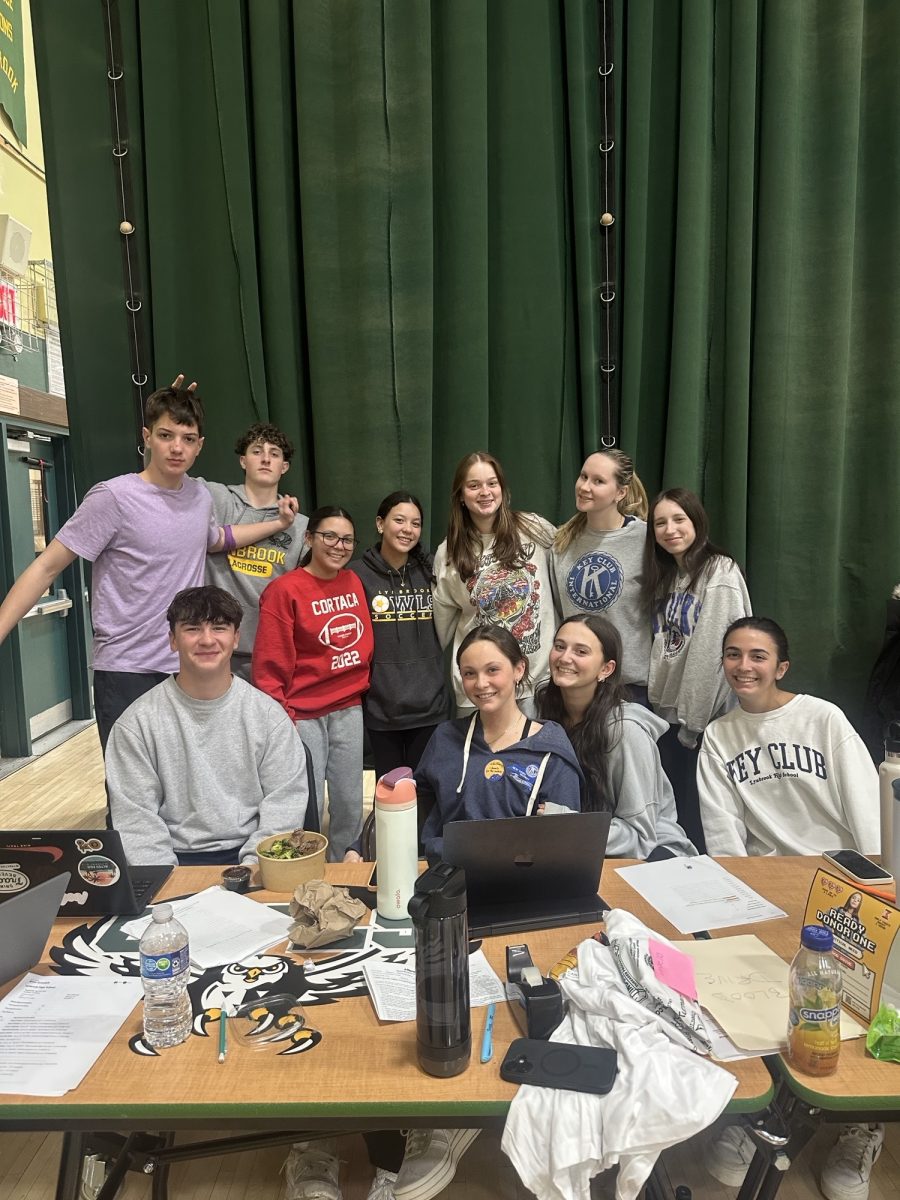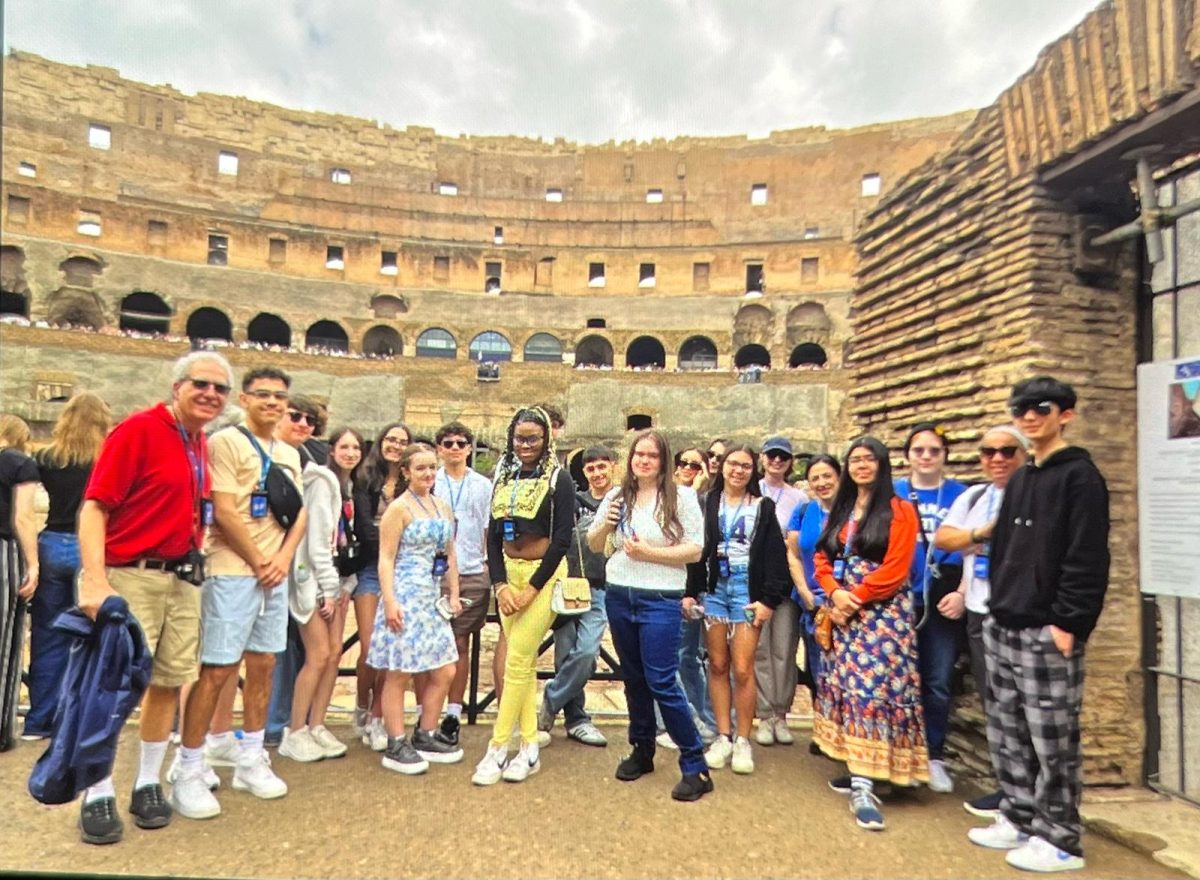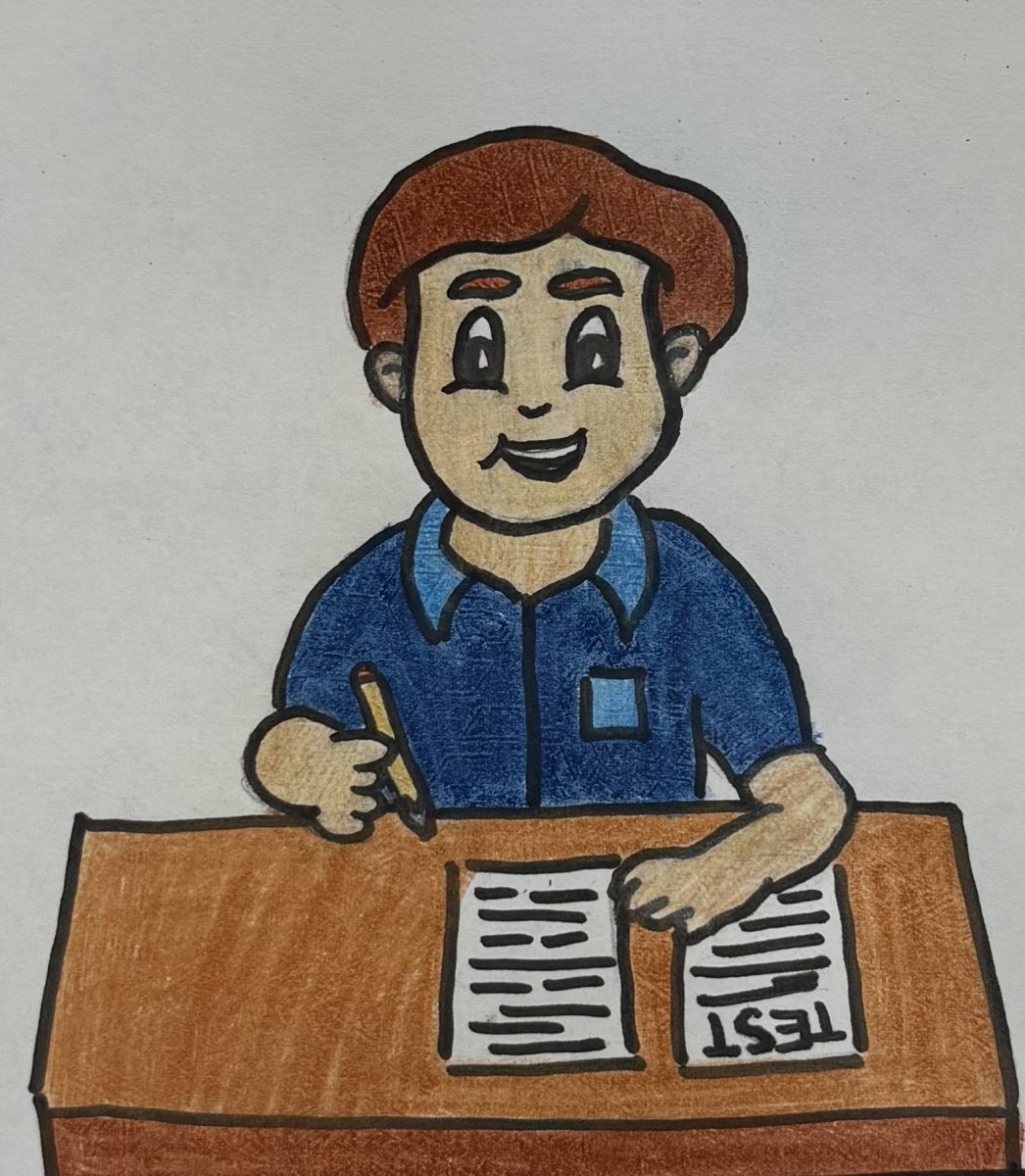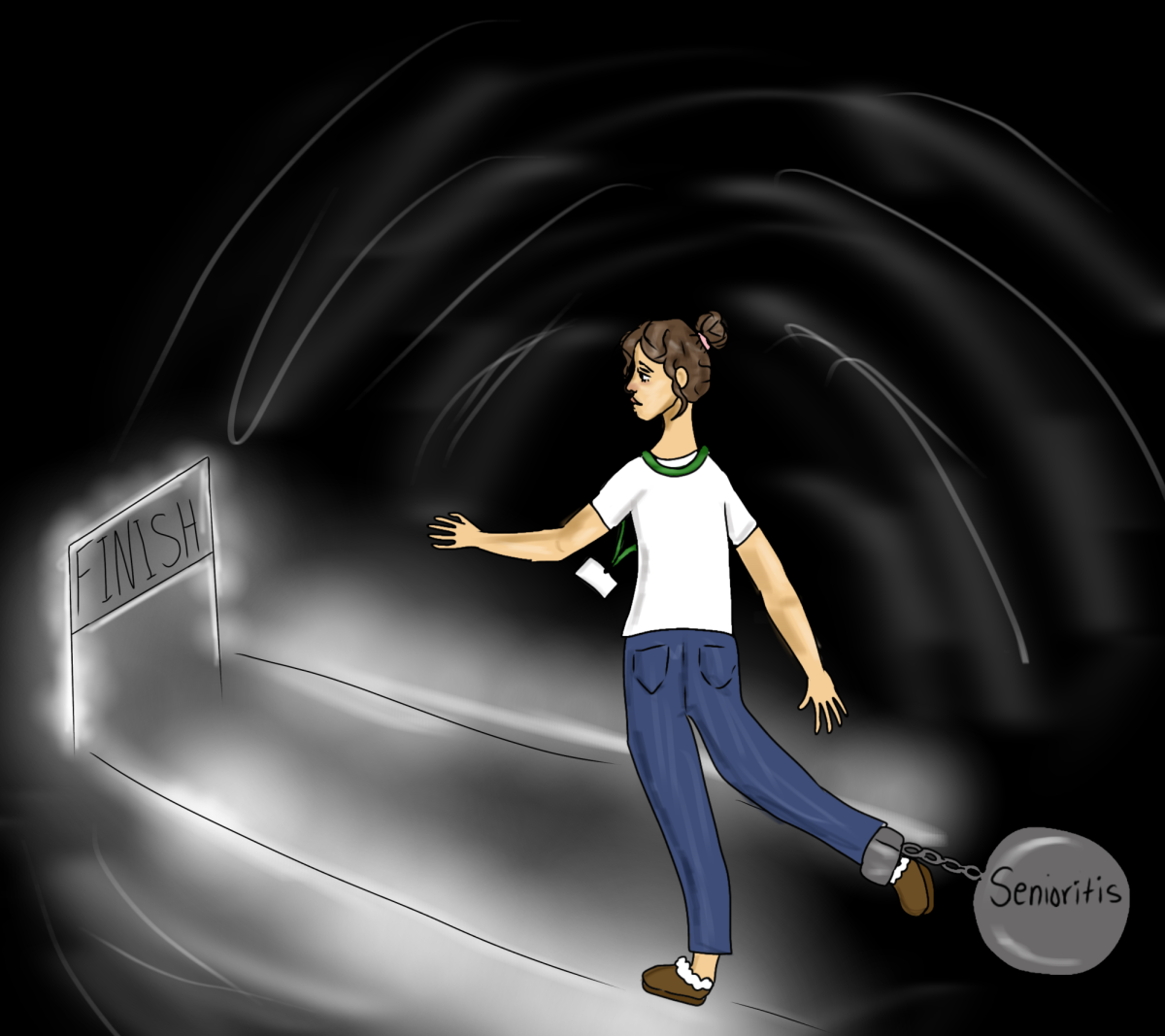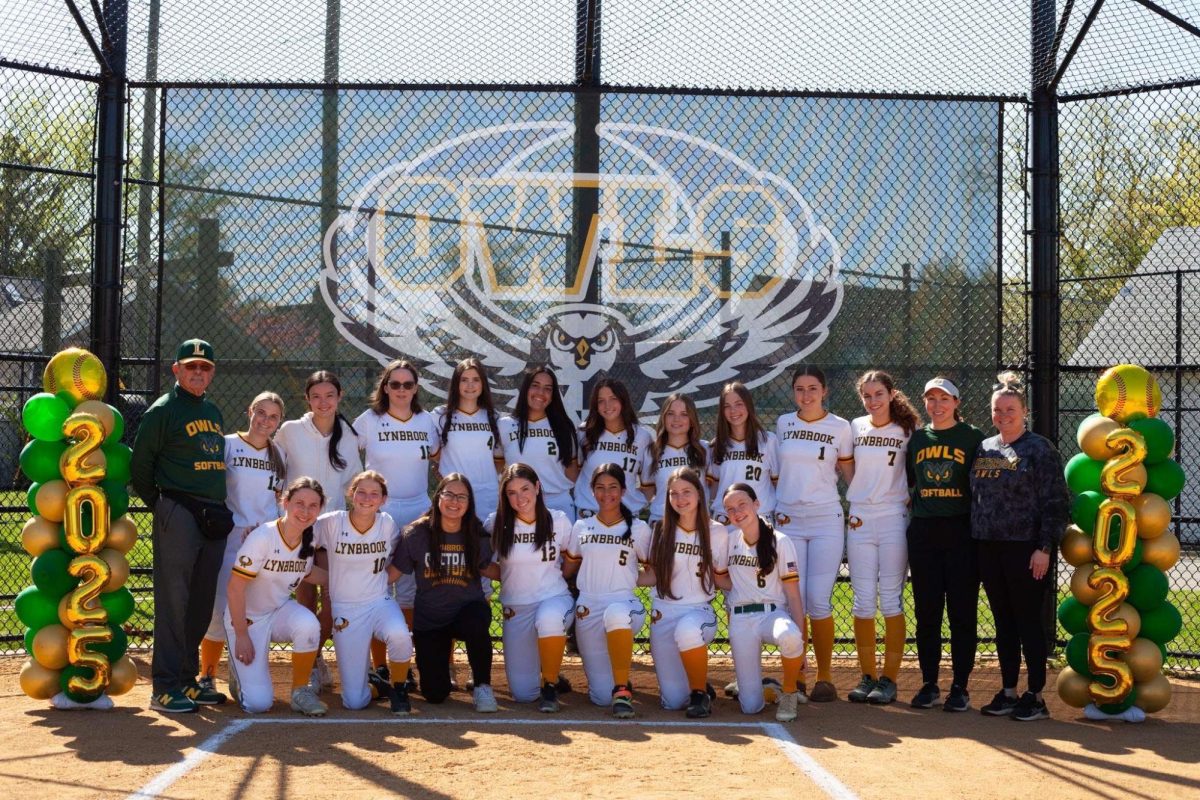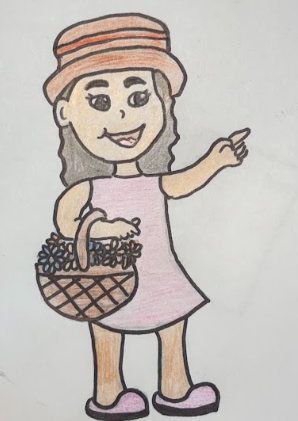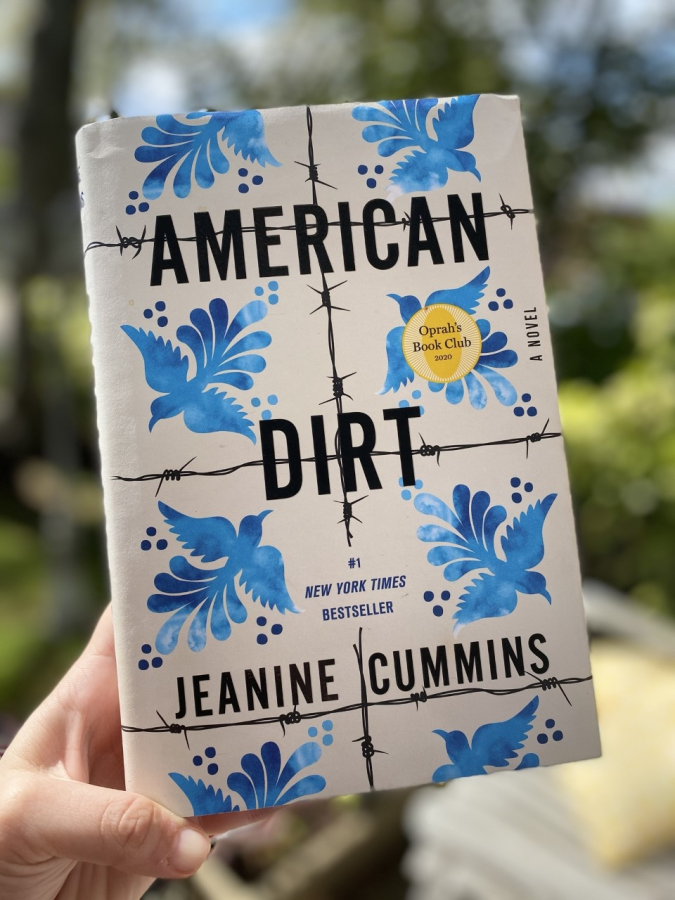American Dirt: Breaking Down Borders for Readers
One of the most controversial issues facing the United States today, the argument of national security opposed to a humanity crisis, rests solely on the entrance of illegal immigrants on the southern border of the so-called “promised land.” Over the past few years, not only has this debate been highlighted in the media, but many changes in policy have been made that affects the fate of the many who cross the border illegally and who are undocumented. What better to highlight and expose this pressing, controversial issue than a pressing, controversial novel?
Jeanine Cummins’ third novel titled American Dirt was selected as the “Oprah’s Book Club” selection of January 2020. The novel was poised to be one of the biggest releases of the year. The plot follows the story of a mother and her son escaping the grasps of a dangerous cartel in their vacation city of Acapulco, Mexico. After the killing of her entire family, Lydia, the protagonist of the novel, decides that the only way to save her son from a horrible death would be to travel across the border and into the United States.
The conversation and excitement for the novel quickly took a turn for the worse. Myriam Gurba, a Latina writer and activist, wrote a scathing review about the story, calling the novel “outright racist” and that Cummins was “guilty of appropriating genius works by people of color.” The critical aspect started weighing down on the novel after many other Latinx writers and critics such as Daniel Bowles, Daniel Pena, Esmeralda Bermudez, and Luis Alberto Urrea came out with powerful condemnations. This all because Jeanine Cummins is not Latina – she is a white woman from New York.
American Dirt was quick to become a bestseller, but Cummins’ book tour was cancelled shortly after sparks were ignited. Oprah Winfrey hosted Cummins and asked her about the negative reaction to the novel; Cummins stated, “I definitely was worried about this moment, about being called to account for having written a book.” Cummins did spend a total of ten years writing and researching for the novel as well as having received guidance from a wide variety of educated men and women on the subject of illegal immigrants and the portrayal of Mexican culture. Oprah defended Cummins, saying, “I fundamentally, fundamentally believe in the right of anyone to use their imagination and their skills to tell stories and to empathize with another story.”
“It’s a story that I think is at too comfortable a remove from the citizens of this country right now,” told Cummins during an interview with The New York Times (nytimes.com). “This really is a tragedy of our making on our southern border. We are absolutely responsible for all of these deaths. This blood is on our hands.”
Having read the novel in its entirety myself, I do not believe I am the right person to depict the aspects of the writer or the writing, as I am not Mexican or Latina. I do not and will probably never understand the true reality of this grueling, gut-wrenching journey. But from reading this novel and hearing the story of Lydia and her eight-year-old son, Luca, I now have changed in my views on such a controversial topic.
I am aware that I live a privileged life. I will never have to fear about gang violence, corruption, or fleeing my country for my life. The only way for someone like me to catch a glimpse into the lives of others is to read. While reading about Lydia and Luca’s journey of a thousand walking miles into the United States, I now have an idea of the atrocities that occur on the long path to freedom. Not only did I learn more about the terrible, life-altering things that happen during this journey, I also have a greater understanding of the lives of these individuals.
In this world today, it is becoming increasingly difficult to determine who is allowed to say what, to write what, and where the line is crossed. Writing is the window into many different lives across the world. It opens the door of love and understanding, for torment and criticism, and for compassion and freedom. After reading American Dirt by Jeanine Cummins, I have been changed for the better. And isn’t that the purpose of a great American novel? To change someone’s views for the greater good. Cummins truly does leave a handprint upon the journey to freedom, a small speck on the painting of Mexican American culture, and many will remember that handprint and close the book forever changed.

I am a part of the Class of 2022. I am a news online editor and a managing print editor for the features section of Horizon. I am an avid reader and writer.




